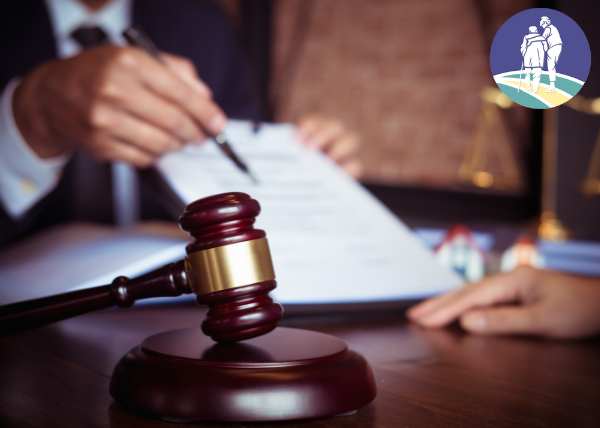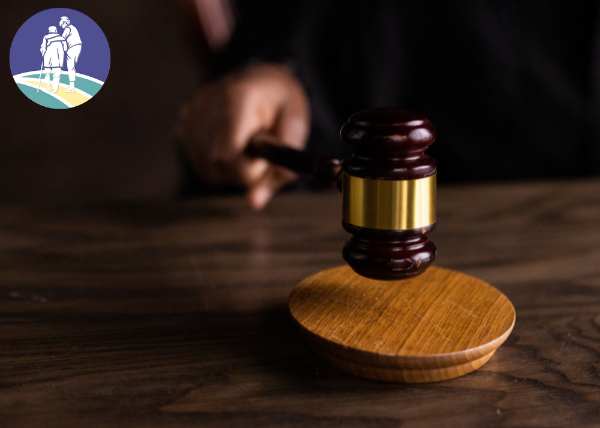
Probate court proceedings can be a daunting prospect, especially when there is no will to guide the distribution of assets. When someone passes away without a will, a legal situation known as "intestacy" occurs. In such cases, the state's laws dictate how the deceased person's estate will be divided among their heirs or beneficiaries. Let's delve into what typically happens in probate court in the absence of a will.

The first step in the probate process when there's no will is the appointment of an administrator. This is usually a family member or close relative who petitions the court to take on this role. If no one steps forward, the court may appoint a neutral third party.
The court will determine who the legal heirs are. This is usually based on a predetermined order of priority, such as surviving spouses, children, parents, and siblings. The exact order can vary by state law.
The administrator is responsible for creating an inventory of the deceased person's assets and having them appraised. This step is crucial for determining the total value of the estate.
Before any assets can be distributed to heirs, outstanding debts and taxes must be paid from the estate's assets. This includes funeral expenses, outstanding bills, and any estate taxes.
Once debts are settled, the remaining assets are distributed according to the state's intestacy laws. This means that assets may be divided equally among legal heirs, or they may follow a predetermined hierarchy based on the relationship to the deceased.
Throughout the probate process, the court will oversee the actions of the administrator to ensure that everything is carried out according to the law. This oversight can help protect the interests of the heirs and creditors.
The costs associated with probate, including court fees, legal fees, and appraisal expenses, are typically paid from the estate's assets, reducing the overall inheritance for the heirs.
The probate process can be time-consuming and complex, especially without a will to provide clear guidance. It may take several months or even years to complete.
In summary, when there is no will, the probate court will follow the laws of intestacy to determine how to distribute the deceased person's assets. While this process ensures a structured approach to asset distribution, it may not align with the decedent's specific wishes. To avoid intestacy and ensure that your assets are distributed according to your preferences, it's essential to create a valid will or other estate planning documents. Consulting with a probate attorney or estate planning attorney can help you navigate these important decisions and potentially simplify the probate process for your loved ones.
Our expert partner attorneys offer free consultations for your claim.